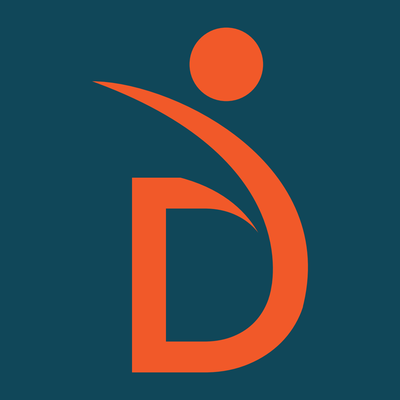January is Human Trafficking Prevention Month. Since 2010, every U.S. President has dedicated the month to raising awareness about human trafficking prevention. For many organizations nationwide, including Children’s Law Center, this is a month to refocus on helping survivors move toward health, safety, empowerment, and healing.
Human trafficking is a significant problem in the region served by CLC. Ohio ranks 6th in the nation for total human trafficking cases. Between 2016 and 2021, the National Human Trafficking Hotline was contacted 7,557 times about human trafficking cases in Ohio. During that same period, 2,661 contacts were made about Kentucky-based cases. This is likely a fraction of all trafficking happening at our doorstep, as experts believe most human trafficking goes unreported.
While sources differ on the exact number of children trafficked in the region or the nation, an estimated 25-50% of survivors were trafficked as minors. Notably, the growth of internet connectivity and mobile devices has increased child-trafficking for more than a decade. A study by the Polaris Project found that children were at especially-greater risk during the COVID-19 pandemic – a period when online sex trafficking increased by 45%. Compared to non-online situations, this online trafficking “involved more minors (55% vs. 24%),” and it was less likely to be reported by “someone with direct knowledge of the situation” (50% vs. 70%).
Where trafficking is identified, survivors may interface with child welfare/protection agencies and with courts, as victims of crime. But, experts from the top national levels also agree: “Child sex trafficking victims are often not recognized as victims and may be arrested and jailed.”
An important part of CLC’s work is to ensure that young survivors of human trafficking are not criminalized and retraumatized by the legal system – that they are not unfairly arrested or incarcerated – and that their rights are protected. CLC has been working in Ohio, in particular, to help individual survivors and to raise community awareness about Ohio’s “Safe Harbor” laws (which protect young trafficking survivors from prosecution and promote support services instead of juvenile/criminal records). Additionally, CLC is part of the Multi-Disciplinary Team for the Hamilton County Juvenile Court Safe Harbor Program, which aims to identify human trafficking survivors under the court’s jurisdiction and to integrate appropriate anti-human-trafficking services, policy, and programming into the juvenile court.
So, does Ohio go far enough to help youth who have experienced human trafficking – and to ensure that youth are not harmed by unnecessary, unfair criminal/juvenile records as a result of their victimization? The state continues to grapple with arrests and prosecutions of children who have been trafficked. For example, recent news media reported that an Ohio father called police to help his 11-year-old daughter, who had been manipulated into sending explicit photos of herself to an adult; unfortunately, the officers suggested charging the 11-year-old for creating child pornography.
Long-lasting solutions will require the collaboration of police, courts, child protection services, community agencies, faith communities, schools, and many others. We must work together to do better for children and families. CLC is grateful to be at the table, inspired to learn more, and eager to help.
If you want to learn more, Polaris Project has resources about children who experience human trafficking.
If you or a loved one needs help, you can contact the Human Trafficking Hotline by calling 1-888-373-7888 or texting 233733.
This post was written by Sasha Naiman, CLC Executive Director. As a public-interest attorney and policy advocate, Sasha has deep experience serving vulnerable people in our region. She is especially passionate about providing legal representation, community education, and policy reform for youth in Ohio and Kentucky. Before joining the Children’s Law Center, Sasha was the Deputy Director of the Ohio Justice & Policy Center, where she worked for a decade, represented people in the criminal-legal system, and led organizational operations and strategies.
Sasha has been a member of multiple community and nonprofit Boards in Greater Cincinnati. She received her J.D. from Washington University in St. Louis and her B.A., magna cum laude, in English and Political Science from Boston University. During law school, Sasha worked for the St. Louis Equal Housing Opportunities Council, the Juvenile Rights and Reentry Clinic, and the U.S. Department of Justice’s Access to Justice Initiative (in Washington, D.C).
